In defence of polling
Alex Crowley | 02 août 2014
“BRUNO: Don’t tell anyone, but I do respect the voters. That’s why I win. I find out what they care about. I don’t try to tell them what they care about.
VINICK: That’s not exactly my idea of leadership.
BRUNO: It’s my idea of democracy. The voters get to set the terms of the elections, not us. They get to decide what’s important, not us.”
The hard-nosed strategist Bruno Gianelli is one of my favourite characters from the American political drama The West Wing, from which the above exchange is taken. He could always be relied upon to slap a political cliché in the face.
One such cliché is that modern politicians rely too much on polling and, as a result, are too often followers rather than leaders. David Cameron was recently attacked for re-shuffling his Cabinet ‘by focus group’. Many Conservative commentators in Britain bemoan the ascension of pragmatists over idealists.
These critics yearn for the pure, gut instinct leadership of yesteryear. They idealise the politicians who had the conviction to do what was right, regardless of whether it was popular. Ronald Reagan didn’t need a focus group to tell him that liberty was worth fighting for.
However, as the former President’s pollster Dick Wirthlin explained in his peerless book about the Reagan campaigns, ‘the Gipper’ was a politician who hugely valued polling: ‘He wasn’t interested in being told what to say – he intrinsically knew that. He was interested in the most effective way to convey his message.”
Wirthlin tells of how the President wanted to know how his argument would most strongly resonate with voters, so he could change minds and deliver the support necessary for his policy agenda.
Most importantly, the President never lost sight of what those numbers really meant. Reagan himself observed: “For every number I saw a face. The numbers represented the people, and we had to remember that the people are the ones who sent us there.”
Uttered from any other mouth, it might seem a touch glib. But when the victor of the Cold War says it, there just might be something to it.
What Bruno Gianelli highlights in the scene above is one of the causes of the breakdown in the voter/politician relationship, seen across Europe.
When people say that politicians are out of touch, this is usually what they mean: it’s not that their leaders were born into the elite, or that they look funny or lack conviction. It’s that their leaders are not focusing on what matters to them.
I’ve sat in many focus groups and I can tell you that in every single one I have been surprised. In fact, I don’t call them focus groups any more. I call them ‘hard truth sessions’.
For example, on Boris Johnson’s re-election campaign in 2012, many in his camp believed his personal celebrity meant he was guaranteed to win. But Londoners told us something very different. Yes, they liked him. But they felt he hadn’t done enough to deserve re-election, and had spent too much time being a celebrity and coveting other political jobs. Because of this, many were inclined to vote for his less popular but seemingly ‘committed’ opponent, Ken Livingstone.
Many in City Hall were shocked that Londoners had no idea what Boris had done in office. Hadn’t they read the thousands of press releases over four years?
It left London’s Mayor in no doubt what voters thought was important, and it helped clarify his focus on the issues they really cared about, like transport, jobs and crime. As a result he won and his second term agenda reflect those concerns – bringing him closer to Londoners.
The lesson? Just because you read the leading columnists and believe in the righteousness of your cause, it doesn’t mean you know what voters think. Polling allows you to ask them directly, and gives you the answer, whether it’s something you want to hear or not. It helps you win, but more importantly, it brings you closer to the electorate and helps you govern better. It is a vital aide to leadership, not a replacement for it.
Does it mean you ask voters to design your policies for you? No. Does it mean you change deeply held opinions and values depending on what voters say? No. It means the voters get to set the terms of the election.
“They get to decide what’s important, not us.”
In our age of cynicism and mistrust, surely this is a noble thing that strengthens democracy and produces better leaders.

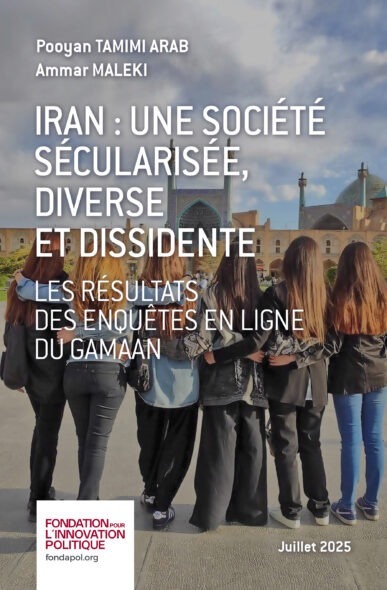
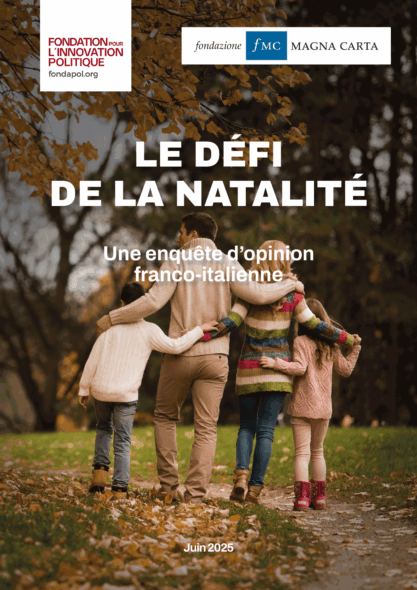


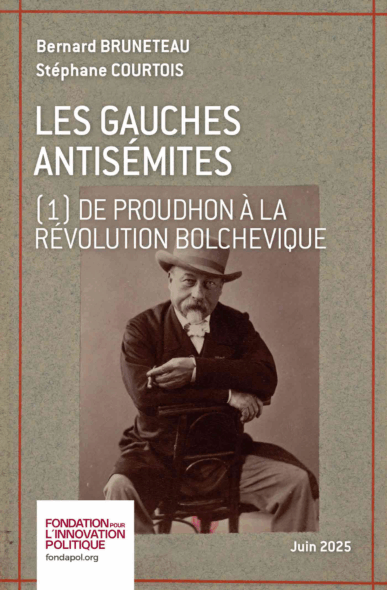
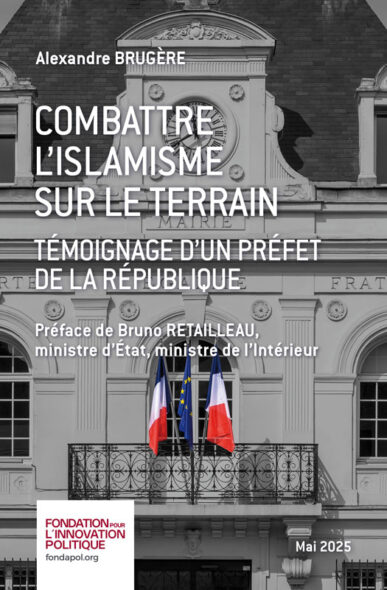
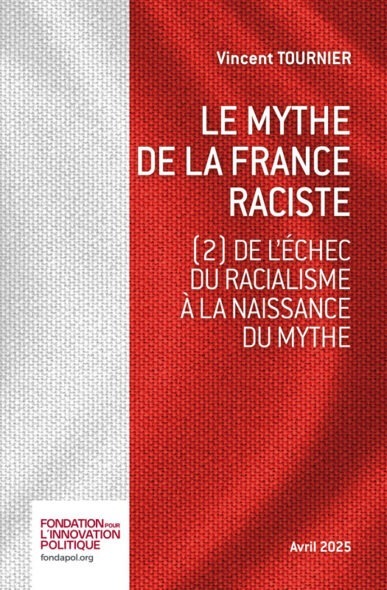

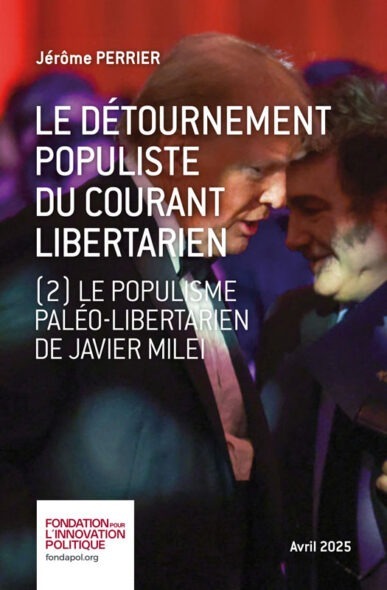
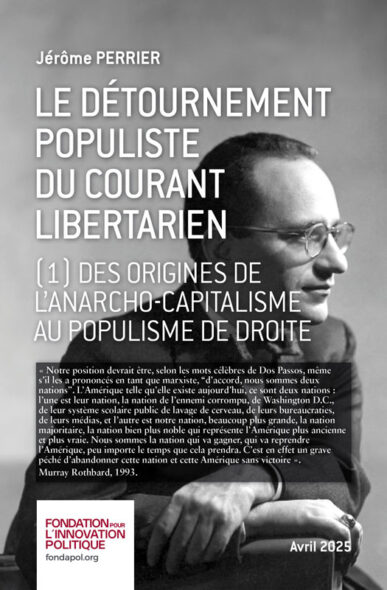
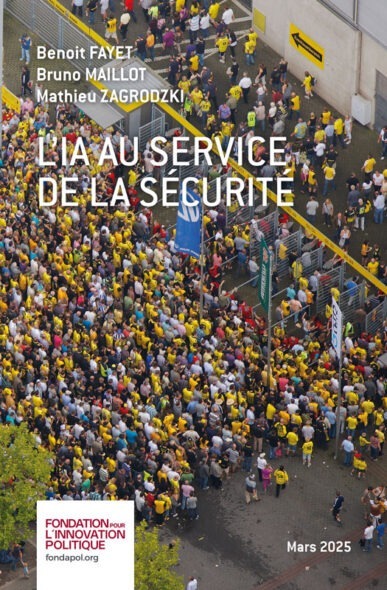
Aucun commentaire.